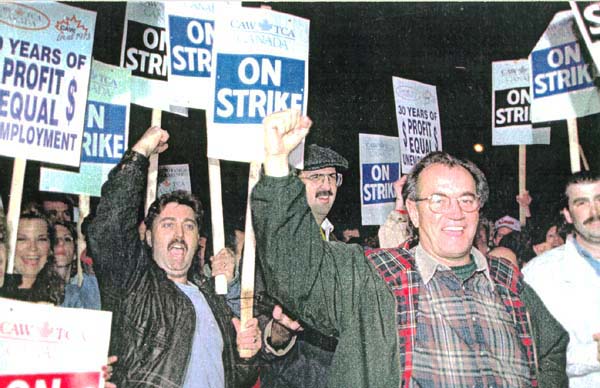THE HEAD of the World Trade Organisation (WTO) said yesterday that global free trade is facing its ‘worst crisis’ since 1947.
Roberto Azevedo said that the current protectionist wave led by the US and President Trump is threatening free trade. The escalating trade war between the US and China is high on the agenda at the global G20 summit in Buenos Aires.
US President Donald Trump and Chinese leader Xi Jinping are scheduled to meet on Saturday evening. Azevedo said: ‘I would say this is the worst crisis not just for the WTO but for the whole multilateral trading system since the GATT (General Agreement on Tariffs and Trade, that preceded the WTO) in 1947.
‘This is the moment when some very basic principles of the organisation, principles of cooperation, principles of non-discrimination are being challenged and put into question. And I think that is very serious.’ He added that the ‘mode of engagement’ between China and the US must shift away from ‘threats, accusations and finger-pointing to one of finding solutions’.
Currently the US and the WTO are rowing over the Appellate Body, which settles trade disputes between countries – a key function of the entire organisation. The US is blocking new appointments to the body in an argument over its role, leaving it with the bare minimum needed to function. If this is not settled soon, trade disputes between countries could be paralysed as soon as next year.
WTO countries are discussing a ‘Plan B’ to avoid the collapse of the Appellate Body so it can continue to operate. He said: ‘Of course the big question is going to be: will the US be part of Plan B or not? If the US is not, I would say that dispute settlement with the United States will be compromised.’
The head of the WTO also commented on the possibility of a no-deal Brexit. ‘If there is what some people call a “hard Brexit”, with no agreement whatsoever, I would say about half of the UK trade would not be affected, because WTO terms are already what applies. ‘In trade with the US, China, Japan, Brazil, Mexico – those terms will not change.’
